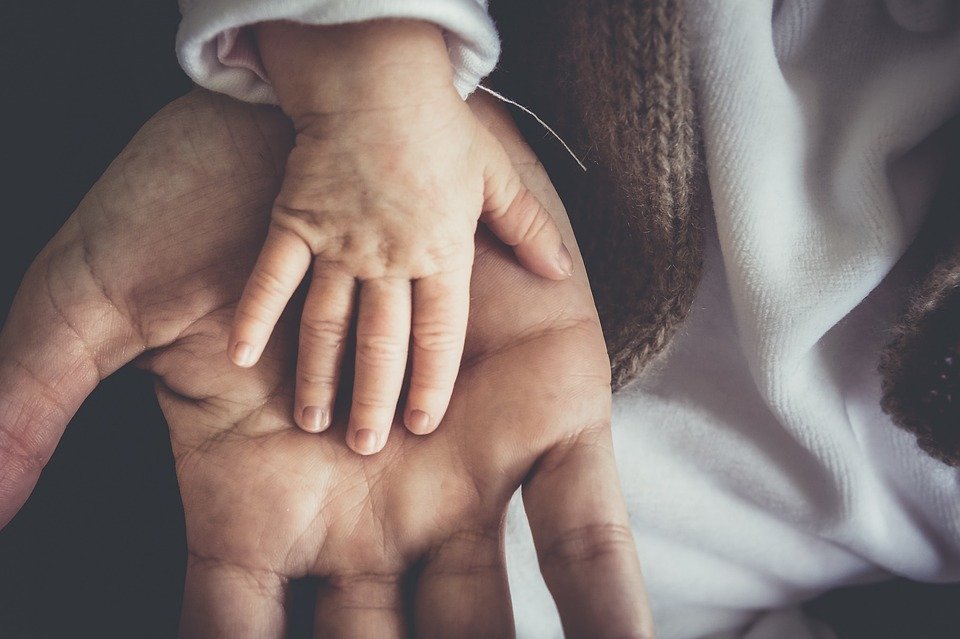
Why are people turning their back on parenthood?
What’s happening? China has said that married couples will be allowed to have up to three children after data revealed a steep decline of births in the country. Once-a-decade census data shows that the population grew to 1.41 billion between 2010 and 2020, the slowest rate since the 1950s. China’s fertility rate is now just 1.3 children per woman, far below the 2.1 needed for population replacement. In 2020 there were 12 million births, an 18% decline from 2019. The policy change will introduce supportive measures including lower education costs, housing and tax support and legal protections for women in employment. (Reuters, The Guardian)
Elective childlessness – It’s not just China that is experiencing a decline in the rate of population growth. Across the globe – particularly where birth control is easily accessible – more and more people are electing not to reproduce. Bringing up children is an expensive business and for many couples the cost of childcare, rising living costs and lack of financial or social support puts them off from starting or expanding a family.
Finance isn’t the only reason why people are delaying or deciding against procreation. Some just prefer their life as it is and don’t want the responsibility of children, despite societal expectations. Women are also more able and interested in focusing on their education and careers before thinking about becoming a parent.
Others have concerns about the kind of world a potential child would have grow up and live in, and indeed talking about population growth in the context of sustainable resource consumption – including the resource that is the atmosphere’s ability to maintain safe temperatures on Earth – can be a contentious issue. The climate crisis is also now a factor leading some people to decide against having children, with some women naming themselves as BirthStrikers in response to the issue.
Baby bust – The Covid-19 pandemic has further exacerbated the issue, with the US and parts of Europe seeing even deeper declines in birth rates. Uncertainty about the future has led people to put their plans on hold and may have even influenced some to abandon the idea of having children altogether. Conversely, some who would like to start a family have been limited in their opportunity to meet a like-minded partner.
What’s the answer? Governments with declining fertility rates have tried creating incentives to encourage more people to have children, such as financial benefits, subsidised childcare and better employment laws to allow greater flexibility for both parents. These, however, in many cases have initially led to a rise in birth rates before they once again drop.
Perhaps one answer lies in sustainability itself. A world in which governments, companies and society work with a greater degree of financial, social and environmental responsibility can help create a more certain future for us all, leading potential parents to feel more confident their children will have a decent world to live in.
This article first appeared in our free weekly blog, Sustt.


